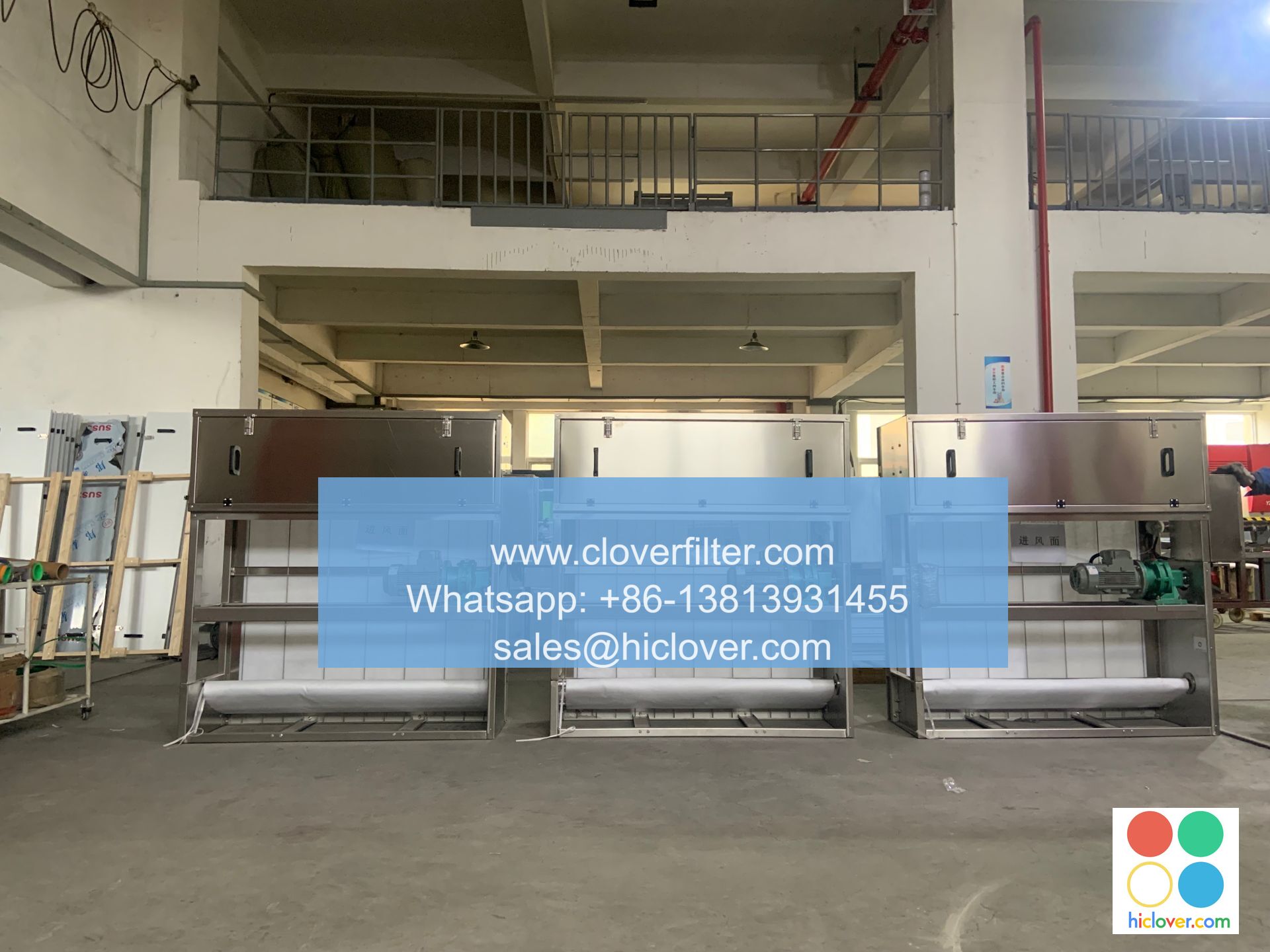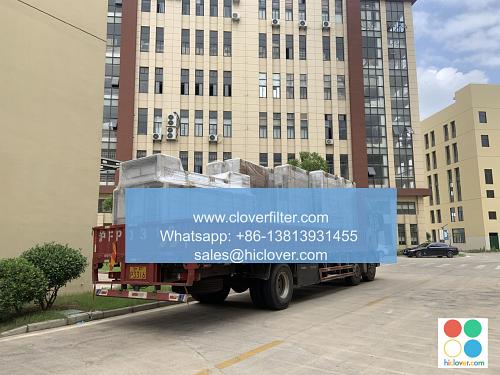Why AbbVie Chicago Relies on Automatic Roll Air Filters for Optimal Lab Performance

AbbVie, a leading biopharmaceutical company, prioritizes the maintenance of a pristine environment within its laboratories to ensure the integrity of its research and development processes. One crucial aspect of achieving this is through the effective management of airborne particles, which is where automatic roll air filters come into play. These cutting-edge filtration systems are integral to maintaining optimal lab conditions, making them an indispensable component of AbbVie’s operations in Chicago.
Improving Indoor Air Quality (IAQ) through Advanced Filtration
The indoor air quality (IAQ) within laboratories directly impacts the accuracy and reliability of experiments, as well as the health and safety of the personnel working within these environments. Automatic roll air filters are designed to capture a wide range of airborne contaminants, including dust, bacteria, and other microscopic particles that could compromise lab results or pose health risks. By incorporating these filters into their ventilation systems, AbbVie Chicago ensures a significant reduction in particle concentration, thereby protecting sensitive equipment and maintaining a healthy working environment.
Enhancing Lab Efficiency and Productivity
The use of automatic roll air filters in AbbVie’s Chicago labs is not only about maintaining a clean environment but also about enhancing lab efficiency and productivity. Traditional filtration systems often require frequent manual replacements, which can be time-consuming and may lead to downtime in critical lab operations. In contrast, automatic roll air filters offer a continuous and consistent level of filtration with minimal maintenance, as they automatically replace the filter media as needed. This automated process ensures that lab personnel can focus on their research without interruptions, thereby boosting overall productivity.
Key Applications and Benefits
The application of automatic roll air filters in AbbVie’s Chicago labs highlights several key benefits and areas of application, including:
– Pharmaceutical Research: Ensuring the purity and integrity of research samples and experiments.
– Biotechnology: Maintaining a sterile environment for the development of biologic compounds.
– Quality Control Labs: Providing accurate and reliable test results by minimizing airborne contaminants.
– Employee Health and Safety: Protecting personnel from inhaling harmful particles and maintaining a healthy work environment.
Energy Efficiency and Sustainability
Beyond their primary function of air purification, automatic roll air filters also contribute to energy efficiency and sustainability within AbbVie’s operations. By minimizing the need for frequent filter replacements and ensuring that ventilation systems operate at optimal levels, these filters help reduce energy consumption. Moreover, the automated nature of these systems means less waste generation from used filters, aligning with AbbVie’s commitment to environmental sustainability.
Conclusion
The integration of automatic roll air filters into AbbVie’s Chicago laboratories underscores the company’s dedication to maintaining optimal lab conditions. By leveraging cutting-edge filtration technology, AbbVie ensures the highest standards of indoor air quality (IAQ), enhances lab efficiency and productivity, and contributes to a more sustainable operational model. As the biopharmaceutical industry continues to evolve, the role of advanced air filtration systems like automatic roll air filters will remain pivotal in supporting groundbreaking research and development.

